Finding the Right Cover Artist for your eBook
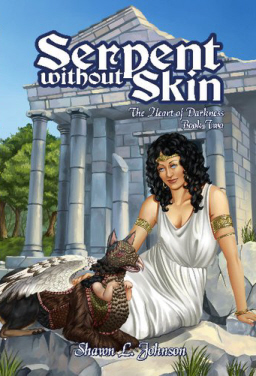 When I resolved to publish the two novels in my Heart of Darkness series as eBooks, I figured I was all set. The books had already been edited and re-edited; I had the future plotlines mapped out in my head. That was everything, right?
When I resolved to publish the two novels in my Heart of Darkness series as eBooks, I figured I was all set. The books had already been edited and re-edited; I had the future plotlines mapped out in my head. That was everything, right?
Of course not. My wife — aka “Queen of Internet Research” — cautioned me, “Everything I’ve read says you need a great cover that really catches the eye.”
I hadn’t thought that far ahead. I’d always dreamed of being picked up by a major publishing house that had its own artists.
I mean, I like fantasy art as much as anyone, but I’m good with words, not pictures. I had no idea how to locate a good cover artist.
So I asked a friend of mine who is an artist to do it. He begged off, citing his current, non-artistic workload. Nor did any other personal connections pan out.
Ahead of me yet again, my wife told me about several options she’d read about on the internet. The most interesting was a contest where artists compete for the prize of being your cover artist. You are presented with several custom options and only pay if you accept one.
An intriguing concept, but I wanted to know more about my prospective artists. So my friend recommended deviantart.com. There, my wife and I posted a job description and waited, though not for long.
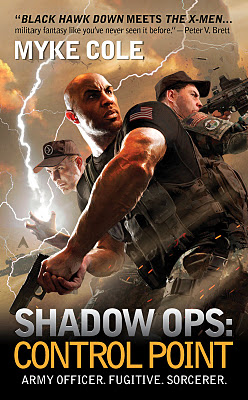
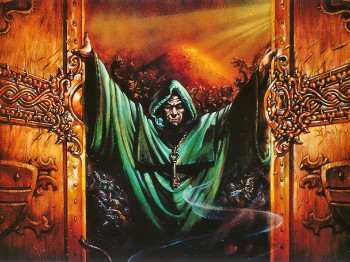
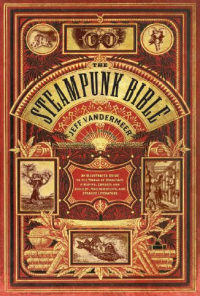
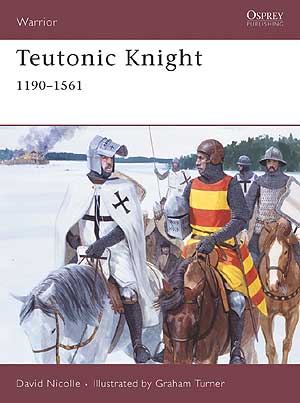 What if one day you woke up and found yourself in charge of a publishing imprint?
What if one day you woke up and found yourself in charge of a publishing imprint?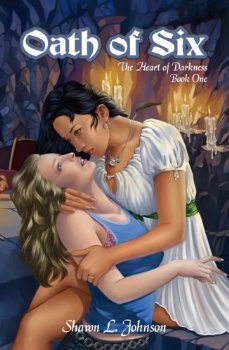 It took me years to complete the first draft of Oath of Six, the first volume in my fantasy series The Heart of Darkness.
It took me years to complete the first draft of Oath of Six, the first volume in my fantasy series The Heart of Darkness.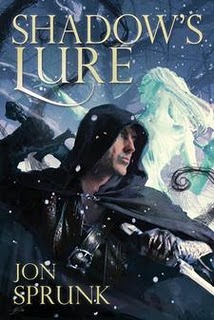 When my agent first told me that he had secured a three-book deal with Pyr Books, I was ecstatic. Three books! What a brilliant stroke of luck.
When my agent first told me that he had secured a three-book deal with Pyr Books, I was ecstatic. Three books! What a brilliant stroke of luck.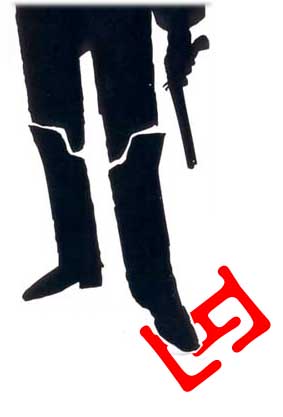 The English alphabet contains twenty-six letters. They all have their uses. Some more than others. The letter “E” gets the most use: how could we live without it?
The English alphabet contains twenty-six letters. They all have their uses. Some more than others. The letter “E” gets the most use: how could we live without it? Dear Black Gate Readers,
Dear Black Gate Readers,